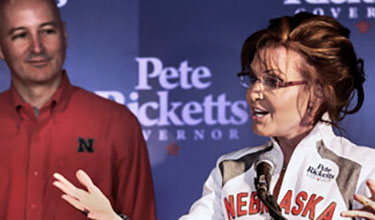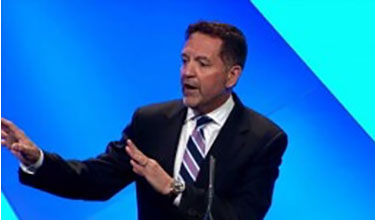The following NYT op-ed piece by Arthur Brooks makes a compelling case that solutions to our most challenging problems must include key elements of opposing positions. Not just because rigid partisanship prevents fruitful discussion but because the solutions that will actually work intrinsically require key elements of philosophy and practice from all sides, not just one.
That notion is a principle we have held as a foundation of our work. While civility is required and sorely needed today, finding common ground is not about playing nice in the sandbox. It’s about being willing to accept that those you disagree with are likely to be bringing key elements to a problem’s solution to the table. Including those elements with yours is bound to yield a better solution than one forged solely from solely yours or theirs.
But, as Brooks points out, that’s the hard part. It shouldn’t be. What’s required is to shift our true motive from demonstrating we are right (and they are wrong) to actually solving the problem. How hard is that? Read the complete article here.







